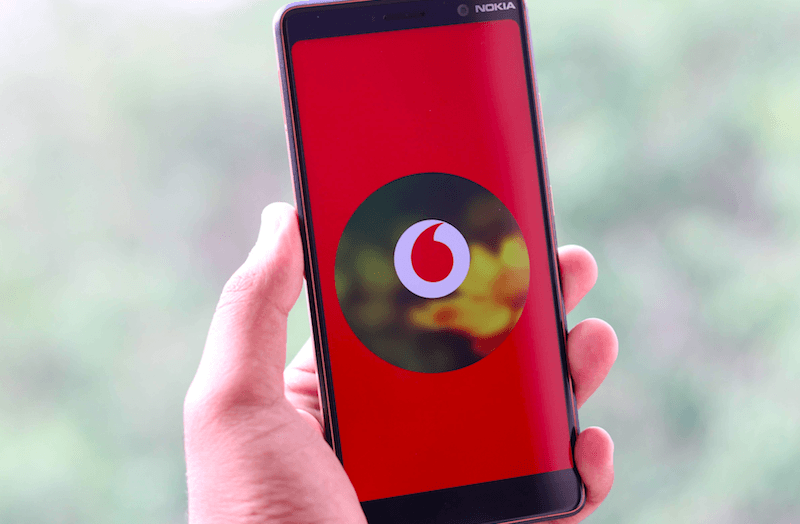Sharma said a market with three strong players almost equal to each other “is an ideal place to be” as “they all want to become bigger and are fighting with each other”. “There is absolutely no concern for duopoly also…because I believe in a democracy all policymakers, politicians, and everyone understands that for consumers’ rights there needs to be at least three strong private players and hoping that the government player also continues to be in that…,” Sharma said. Such a scenario will keep the competition level at an “optimal”, he noted. The telecom sector has witnessed a spate of consolidation aimed at finding economies of scale after Reliance Jio stormed into the market ploughing in billions of dollars into a pan-India national 4G data service, offering free voice call and tariffs well below prevailing rates. This triggered a massive consolidation in the industry. Bharti Airtel, then number one operator, fired the starting gun with the acquisition of the Indian business of Norway-based Telenor. It also subsequently announced the takeover of consumer mobile businesses of Tata Teleservices Ltd (TTSL) and Tata Teleservices Maharastra Ltd (TTML). Last year, Idea Cellular and Vodafone Plc announced the completion of the USD 23.2 billion (approximately Rs 1.6 lakh crore) merger of their India operations to create the country’s largest telecom operator – Vodafone Idea – to take on competition from Reliance Jio.
